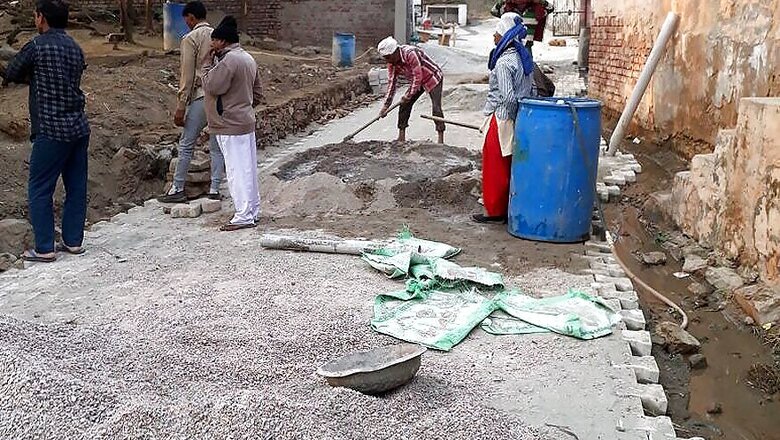
views
New Delhi: Palwal is among the poorest districts in Haryana. What complicates matters is that the administration in this overwhelmingly rural district on the outskirts of the National Capital is grossly understaffed. How then, does one get the wheels of rural development turning? Local authorities found their answer in Nobel Prize-winning economist John Nash’s Game Theory.
Abhinav Vats, 24, left his cushy corporate job in June 2017 and became a Chief Minister’s Good Governance Associate (CMGGA) in Palwal. When he sat down with the district’s Deputy Commissioner, Maniram Sharma, to prepare a model for rural development, he recalled studying Nash’s Game Theory as a student of Economics. The aim was to turn the people into agents of change.
Game Theory creates mathematical models based on conflict and cooperation between rational decision makers. The theory assumes that all rational people are logical decision-makers and act in their own interest. Game Theory tries to align the interests of all concerned individuals so that one person's gain is not another person's loss.
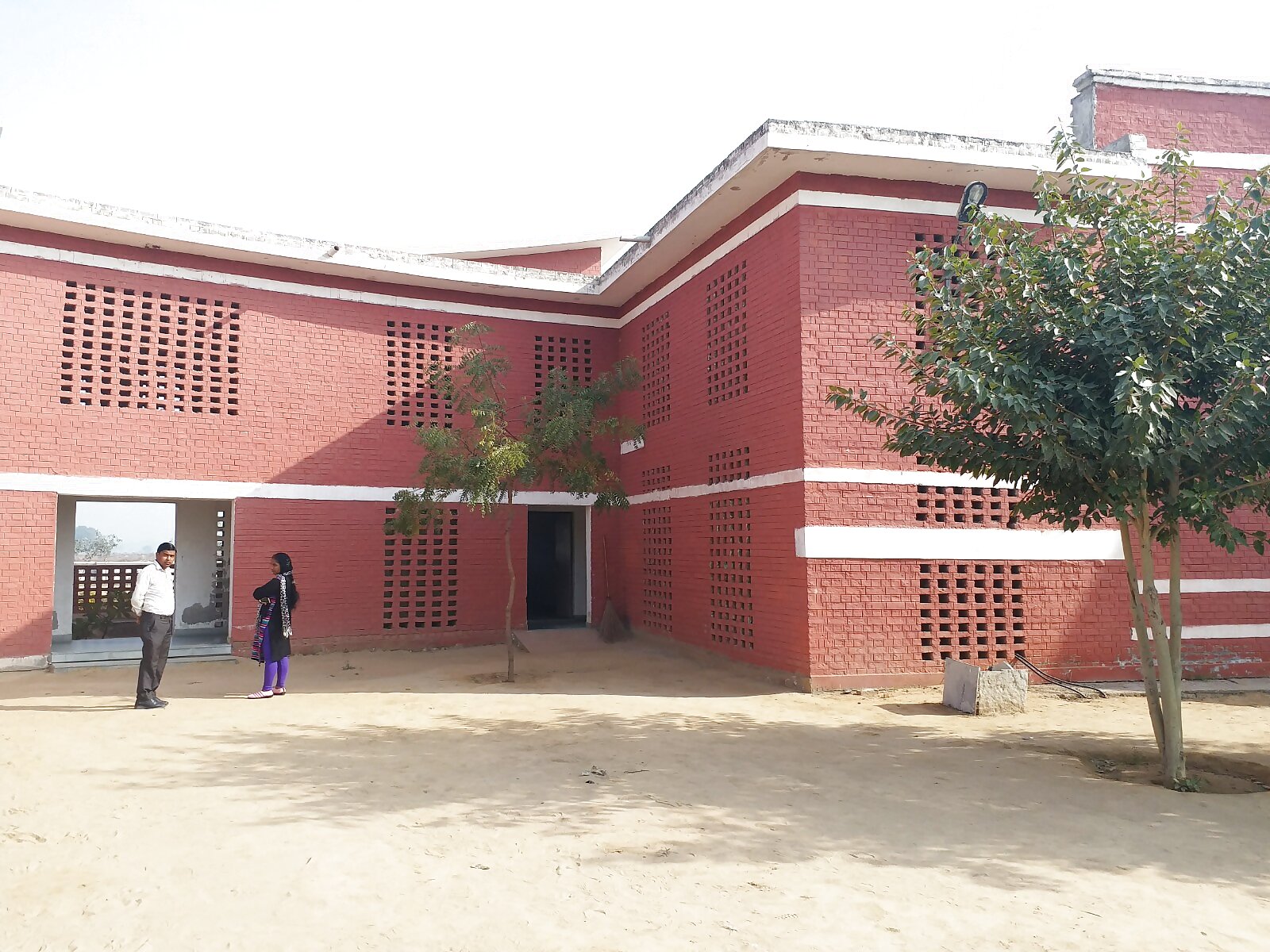
“Essentially, the idea is to align everyone’s interests. There are three agents in rural development. First is the Sarpanch, Second is district nodal officer of the concerned department and Third is the front line worker of the department in the village. The Gamification model seeks to use people’s natural instinct for competition and get results. So that's what we did,” said Vats.
He explained further, “We created a trinity of interests. The administration’s interests lay in the fact that they would be able to quickly meet all their development goals. For the Sarpanch, this was a chance to showcase village pride and build their own image as change-makers among the people. For nodal officers, this was a golden opportunity where they would get complete cooperation from Sarpanches.”
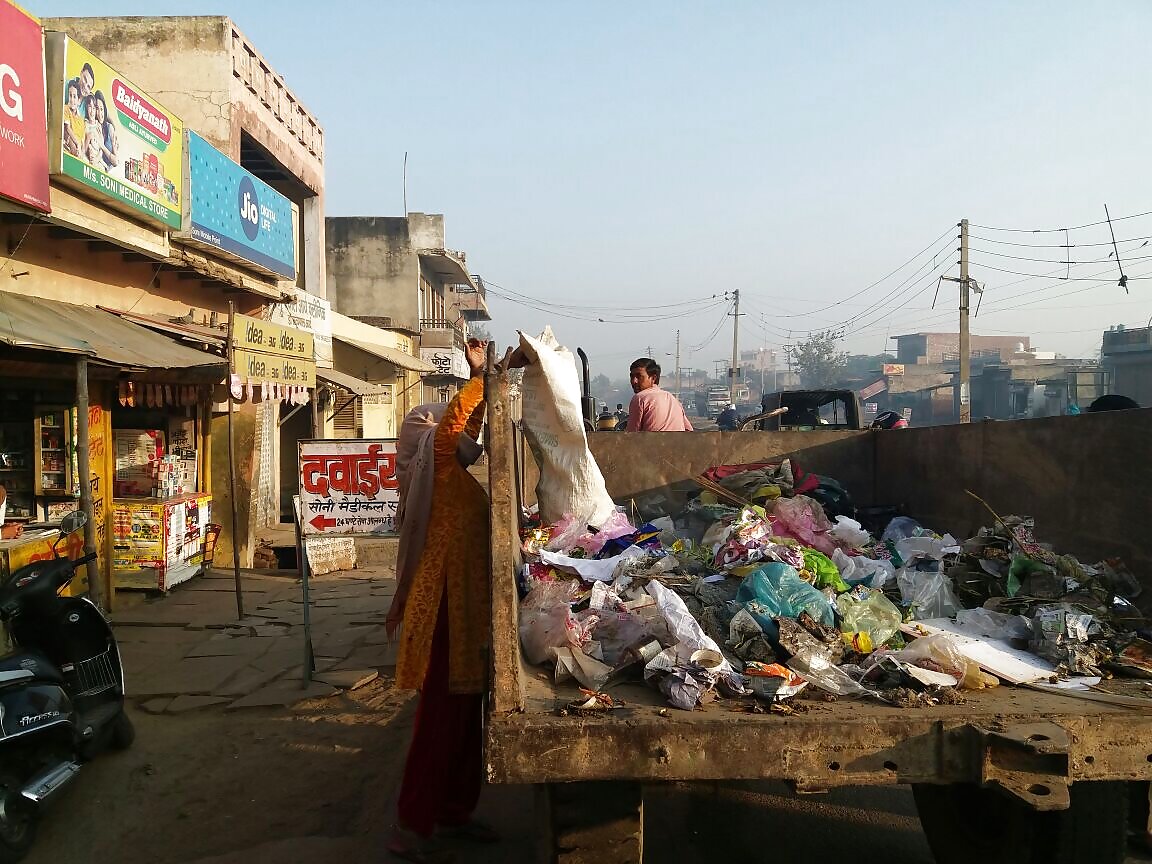
Subsequently, the administration announced a ‘Palwal Super Village’ competition modelled, partly, on Prime Minister Narendra Modi’s ‘Smart Cities’ scheme.
The administration created a point-based system. Villages would compete to score points in eleven categories. If the Sarpanch managed to establish at least one ‘model school’ in the village, he or she won 50 points. A village with a Women’s Self-Help Group got 20 points, whereas a model anganwadi center won 40 points. A ‘vachanalay’ or reading room fetched 45 points. Furthermore, a village could generate up to 140 points if it demonstrates improvements in its soakage pit coverage and vermi-compost facilities. A polythene-free village would get 60 points.
While sustaining a polythene-free environment for long may be difficult, the administration claimed that during the one-time verification, all 260 Gram Panchayats in the district were found to be polythene-free. Other results, too, have been encouraging.
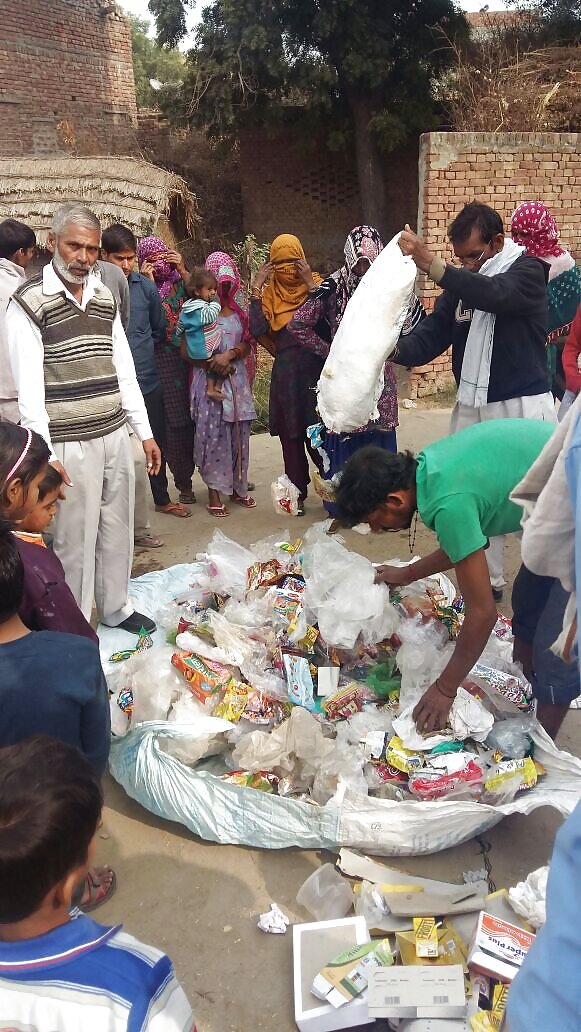
“Over 100 new Self Help Groups (SHGs) were created, which led to approximately 1,200 women being mobilised as members. Over 5,000 registrations have been lodged under the PMGDISHA scheme to promote digital literacy amongst rural youth. The competition also came as a big boost to PM's vaccination initiative — Mission Indradhanush. While, only 20 villages had over 90% immunisation rate for children aged between 0-2 years, at the end of the first stage of Palwal Super Village competition, the number of villages under this category increased to around 150,” said Anju Chaudhary, Additional Deputy Commissioner of Palwal, whose office was responsible for the implementation of the Palwal Super Village Competition.
The officer also added that over 100 anganwadis had undergone visible infrastructural changes and that more than 50 employment awareness camps, with a cumulative participation of over 2,500 individuals, were organised for rural unemployed youth under the RSETI scheme.
On February 16, local MP and Union Minister Krishan Pal Gujjar gave away prizes to victorious village Sarpanches. A total of 13 Gram Panchayats were tied for first place in their respective blocks.
"Since we are a small Panchayat, we don't hold much political significance. It has been difficult for us to secure development grants. The Super Village Challenge provided an objective platform for us to secure grants this year and increased my faith in the system. I also got to demonstrate my leadership as a woman Sarpanch,” said Sarpanch of Jana Chauli Village, Geeta Devi.
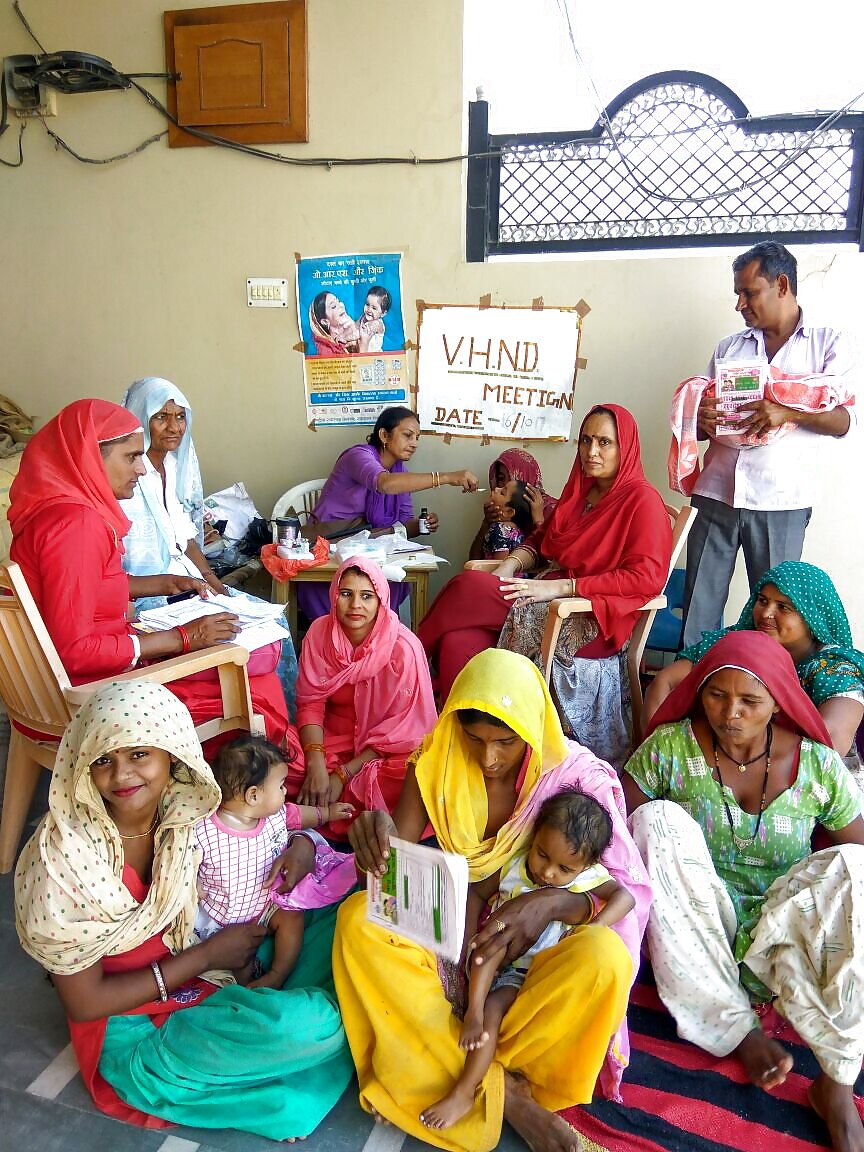
An immunisation camp for newborns
The competition, some Sarpanches say, has also been a learning experience for them. Mahavir, Sarpanch of Bamnikhera village claims that the competition helped establish healthy dialogue and synergy between the district leadership, field officers of various departments and Sarpanches. “Several information gaps regarding many government schemes were also filled. For example, I, as a Sarpanch, didn't know what a Gudda-Guddi chart in an anganwadi center was but because it was a requirement in the 'Adarsh Anganwadi' parameter, we got to understand its significance,” he said.
The move has won acclaim from several quarters. In January, a 21-member delegation comprising of university students and professors from Case Western Reserve University in Ohio and UC Berkeley, California visited Palwal at an event hosted at the DC residence.
The Deputy Commissioner had invited the students and professors to dinner so that they could interact with the top 100 Sarpanches of the Super Village Challenge. During the prize distribution ceremony, Faridabad MP Krishan Pal Gujjar lauded the efforts of the administration and allocated funds from his MP-Local Area Development (MP-LAD) fund to further boost the program.
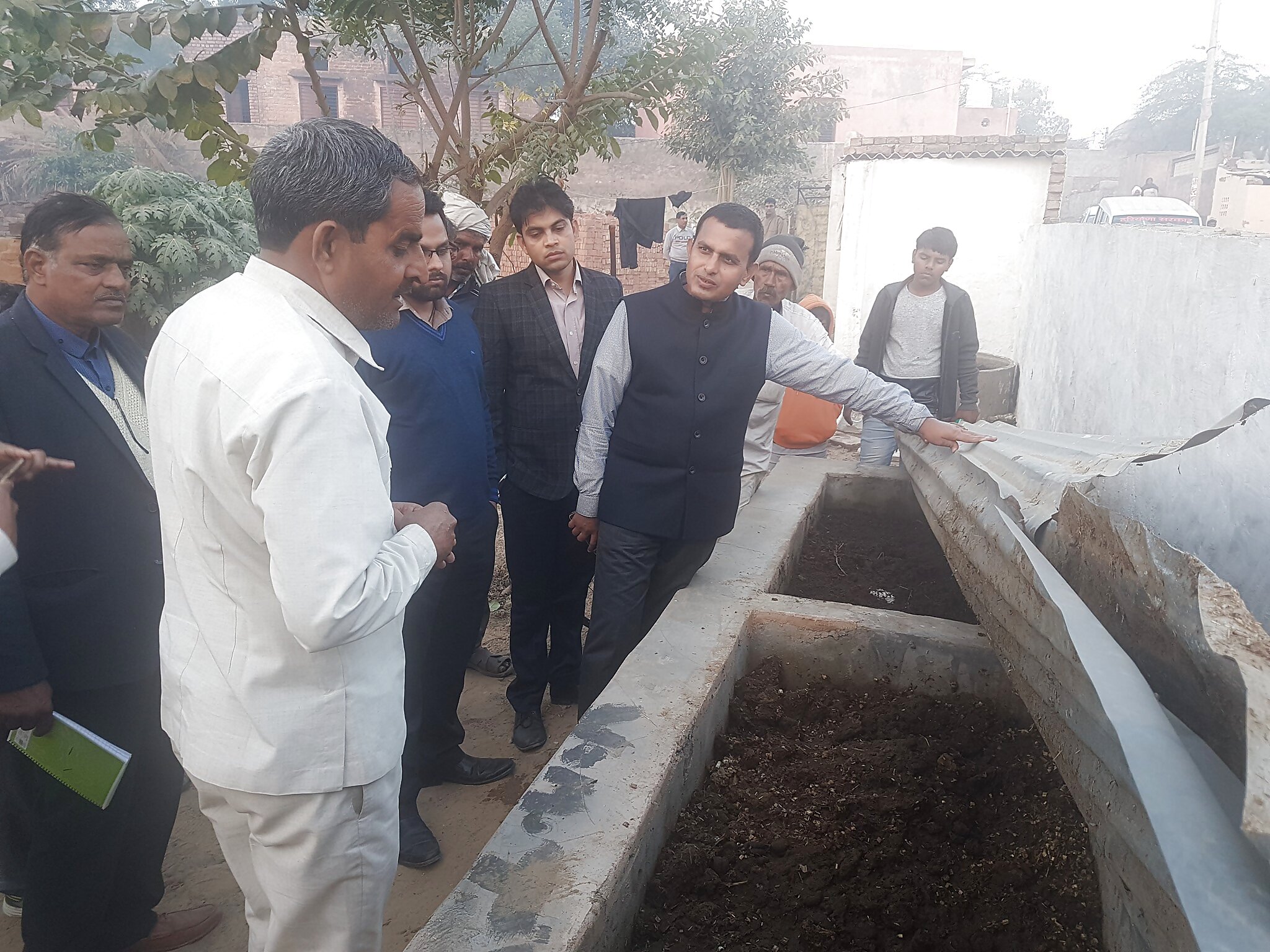
A Vermi compost pit in Parroli village
The administration now wants to take this further, in the hope that it will be used as a model in other parts of Haryana. The aim now is to ensure that the changes seen on the ground can be sustained.
"We have an innovative mechanism that helps give last mile delivery to several of PM and CM’s flagship initiatives aimed at rural areas. In a very short of span of time, we were able to generate a multi-faceted impact from the same system, officials and sarpanches. We will soon launch a more advanced version of the concept to push sustainability,” said Deputy Commissioner Maniram Sharma.




















Comments
0 comment